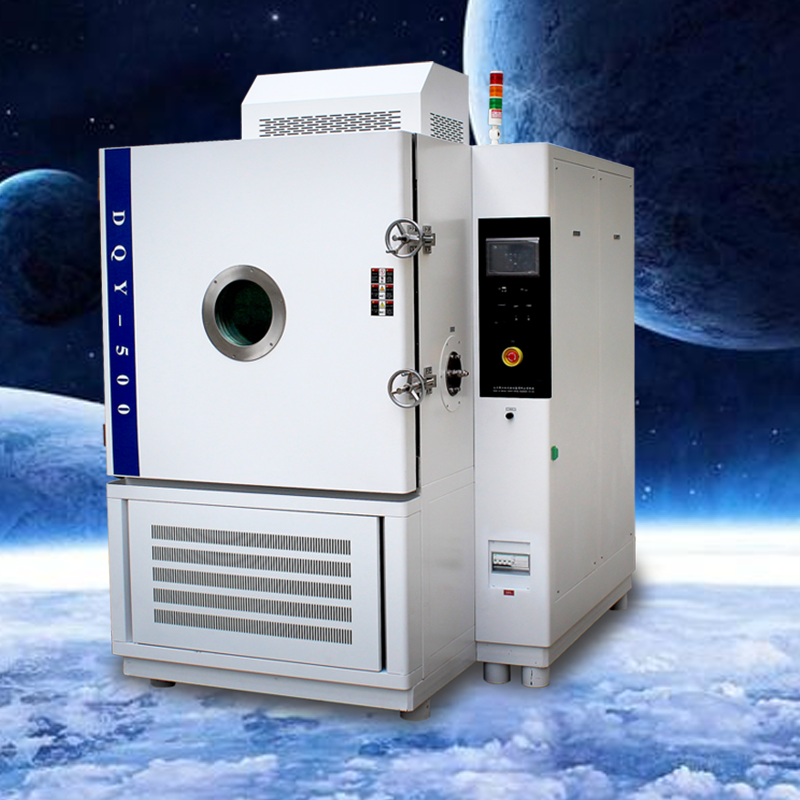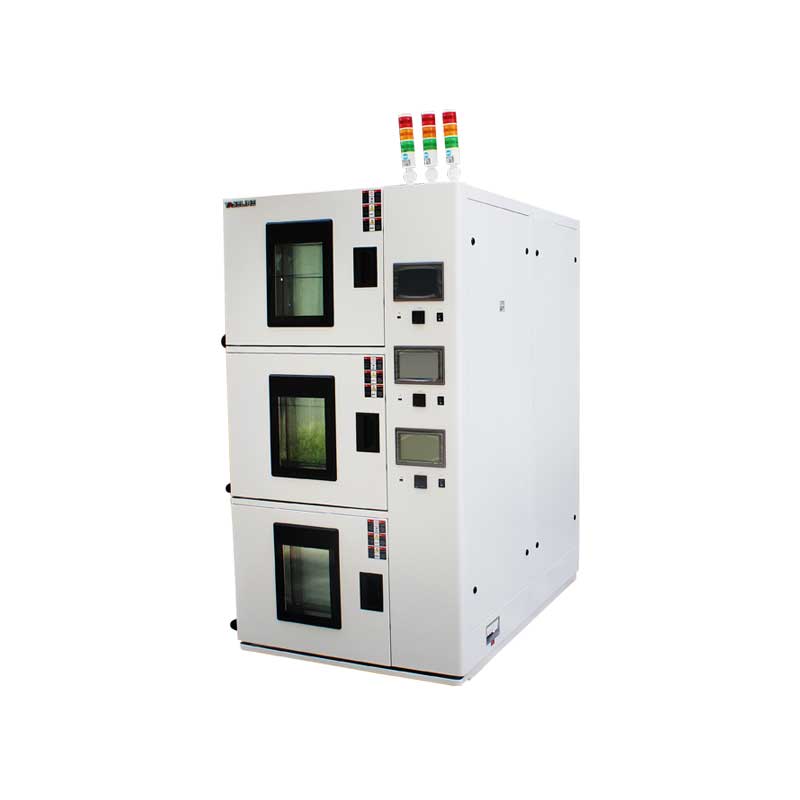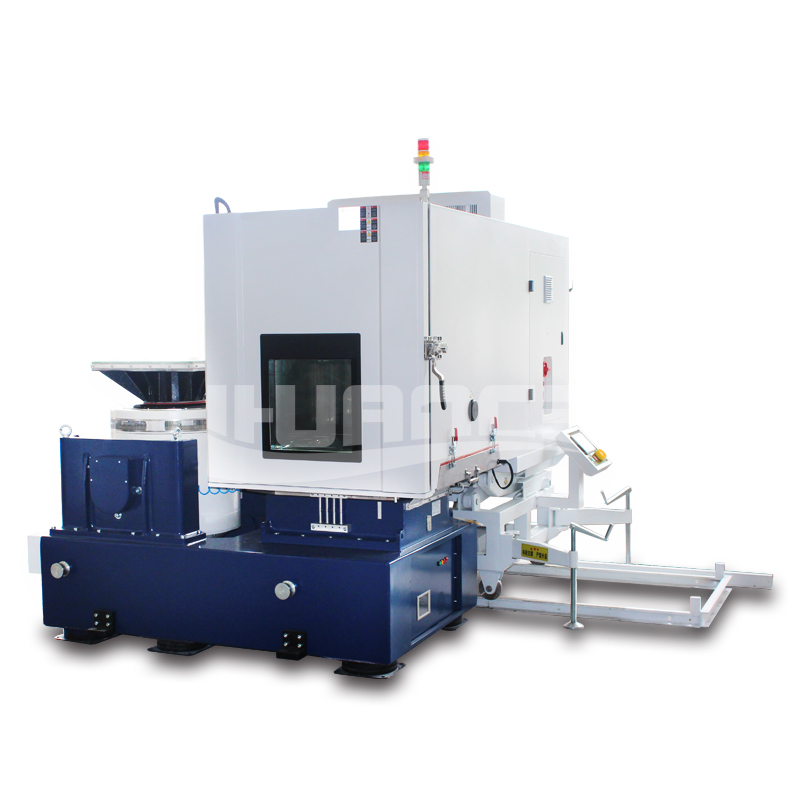Put Your Products to the Test: The Importance of Low-Pressure Test Chambers
Author:LINPIN Update Time:2025-08-20 Source:LINPINLow-pressure test chambers simulate high-altitude or low-pressure environments to evaluate product performance under such conditions. These chambers are essential for R&D and quality control across industries, particularly aerospace, automotive, electronics, and medical devices. Here’s why low-pressure testing matters:
1. Validating Product Reliability
Low-pressure environments can cause equipment malfunctions or performance degradation. Testing under these conditions ensures products function reliably in real-world scenarios.
2. Identifying Hidden Flaws
Materials and components may behave differently under low pressure—affecting sealing integrity, strength, and durability. Testing helps engineers uncover design weaknesses early for timely improvements.
3. Enhancing Safety
For high-risk industries like aerospace and medical devices, safety is non-negotiable. Low-pressure testing ensures products won’t fail or endanger users in extreme conditions.

4. Meeting Compliance Standards
Many industries mandate strict certifications. Low-pressure testing is a critical step in ensuring compliance with international standards and regulations.
5. Boosting Market Competitiveness
Products certified through rigorous low-pressure testing gain credibility. Reliability builds customer trust and strengthens market positioning.
6. Optimizing Product Design
Test results provide actionable insights for refining material selection and structural design, improving performance while controlling costs.
In today’s competitive market, low-pressure test chambers play a vital role in product development and quality assurance. By rigorously testing under extreme conditions, businesses can guarantee reliability, safety, and compliance—earning customer trust and industry recognition.





